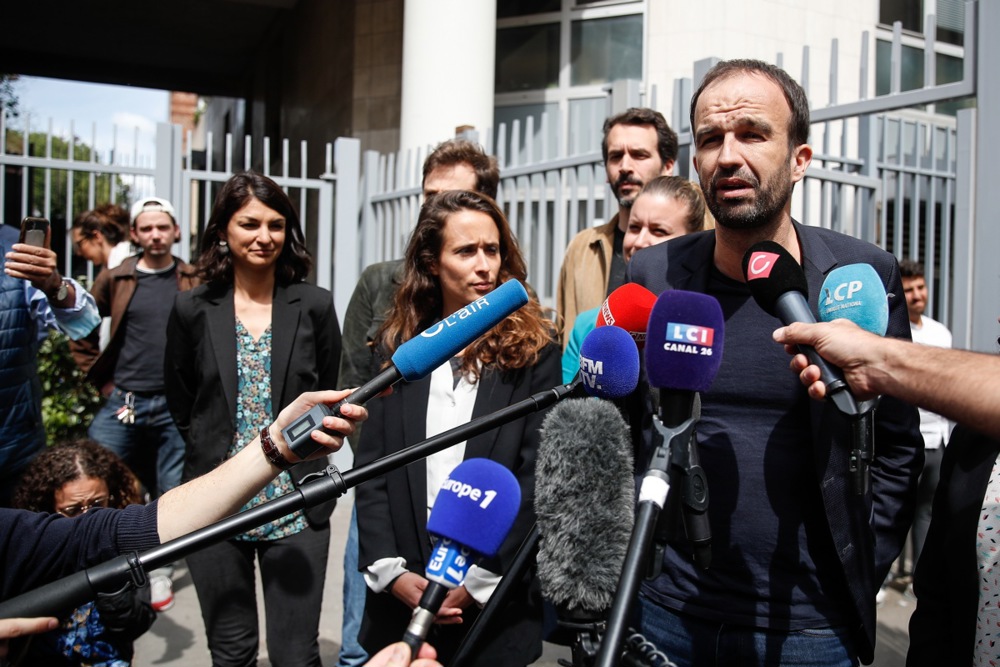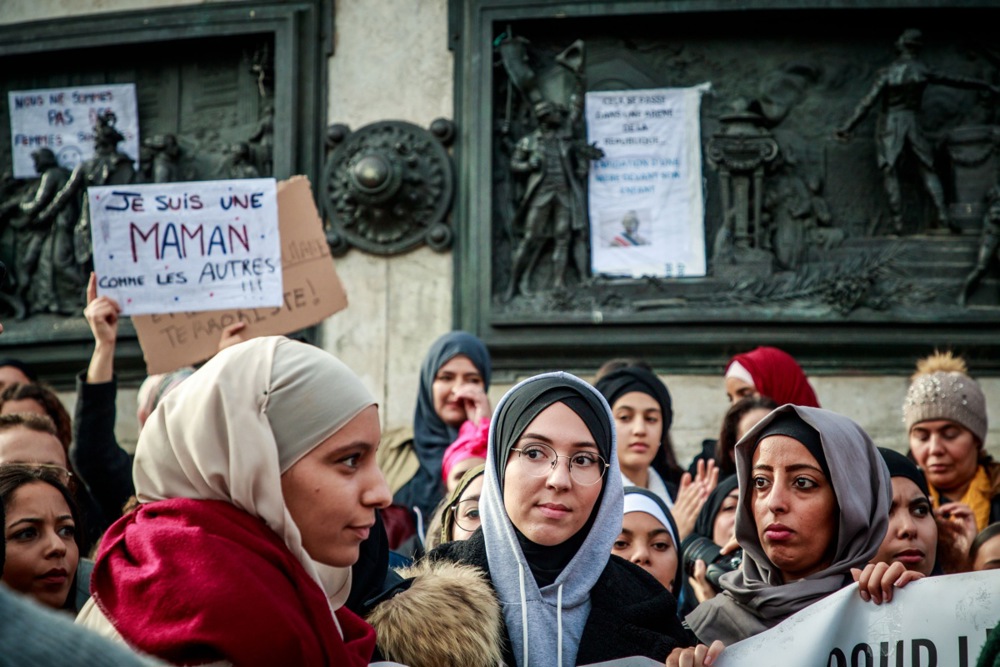France has started to withdraw its troops based in Niger.
Following an agreement with the ruling junta in Niger’s capital Niamey, some 1,400 soldiers are now being pulled out of the country.
Following a coup in July, Niger has been ruled by military council. That spurred a standoff with France and many other pro-Western governments in the region. Other African Sahel nations such as Mali and Burkina Faso have taken the Niamey junta’s side.
“The first departures are taking place,” confirmed French military officials on October 10. The operation is being carried out “in co-ordination with the ongoing planning” with the Nigerien authorities, under the escort of the Nigerien army, they added.
The withdrawal of forces was prompted by demands from Nigerien generals shortly after their takeover in July.
French President Emmanuel Macron subsequently announced his troops’ departure in September, with full withdrawal expected to be completed by Christmas 2023.
France will pull its ambassador and remaining troops out of Niger in the wake of the July military-backed coup d’etat in the country. https://t.co/sIT8DVNghh
— Brussels Signal (@brusselssignal) September 25, 2023
Over the weekend of October 7-8, multiple convoys were seen operating between the French military’s advanced bases in Niger’s North-West, housing 400 soldiers, and the capital.
These convoys enabled the resupply of the Ouallam and Tabarey-Barey bases, while also ensuring the safe transportation of priority French personnel to Niamey.
The operation had a dual purpose, both assuring suitable conditions for the French soldiers on the ground and preparing for their withdrawal from the “three borders” region, situated between Niger, Burkina Faso and Mali.
Still, the withdrawal faces logistical challenges. Land borders with Benin and Nigeria are closed and the Nigerien authorities have imposed restrictions on French aircraft, civilian and military alike, flying over Niger unless special authorisation is granted.
To circumvent these obstacles, French containers are expected to be sent to Chad, to the East of Niger, before being sent on to the Niger-based troops.
France and Niger are at odds as Paris continues to recognise the overthrown elected government of Mohamed Bazoum. In a televised speech in September, Macron continued to describe the junta as illegitimate, calling those involved the “de facto authorities” of Niger.
On October 6, the US announced it was preparing to officially designate the July military takeover as a coup d’état, which could result in US aid to the country being cut.
Algeria has been mediating over the situation in Niger, attempting to create a plan for a transition back to democracy and civilian rule. Despite that, it has recently announced a temporary suspension of its efforts.
That comes as Algeria seeks “clarifications” on the implementation of its mediations in Niger. The Algerian foreign minister Ahmed Attaf had been scheduled to visit Niger but discussions between the two nations regarding the visit’s “programme and content” have thus far proved inconclusive.
Algeria had previously proposed a six-month plan at the end of August.
Nevertheless, the Nigerien regime has maintained that the duration of the transition period will be determined through an “inclusive national dialogue”.
Soon after seizing power, General Abdourahamane Tiani had announced a maximum three-year transition period.
The withdrawal of French troops from Niger marks a critical juncture in the evolving political landscape of the region. It raises questions about the stability and security of Niger in the wake of the French exit and the implications for the ongoing fight against terrorism in the African Sahel.





